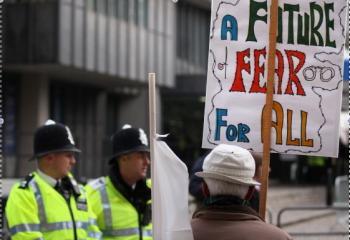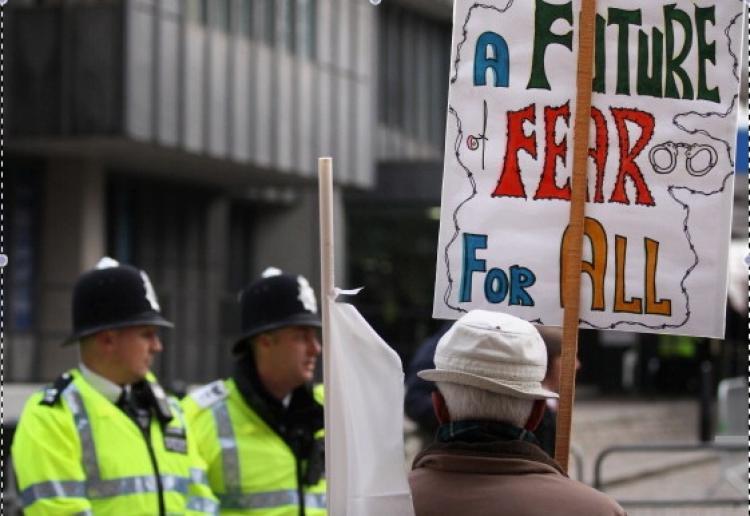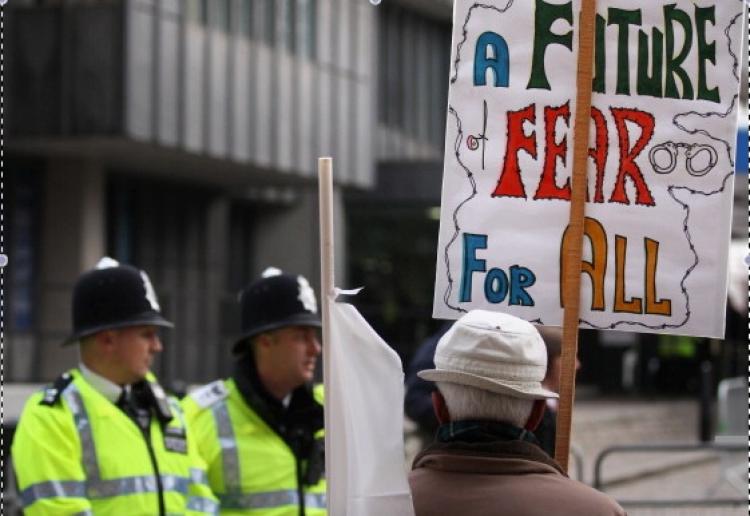Blair Apologises for Lives Lost in Iraq War
Tony Blair, UK premier at the time of the invasion of Iraq, apologised for the lives lost duing the Iraq war.

Tony Blair gave evidence on the Iraq War for the second time to Sir John Chilcot and the Iraq Inquiry on January 21, 2011. Protesters demonstrated outside the venue of the Queen Elizabeth II Conference Centre. Oli Scarff/Getty Images

Simon Veazey
Freelance Reporter
|Updated:





